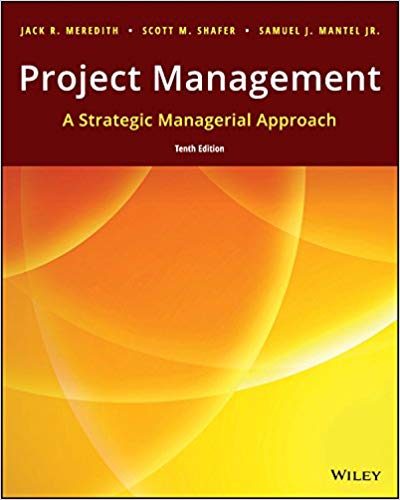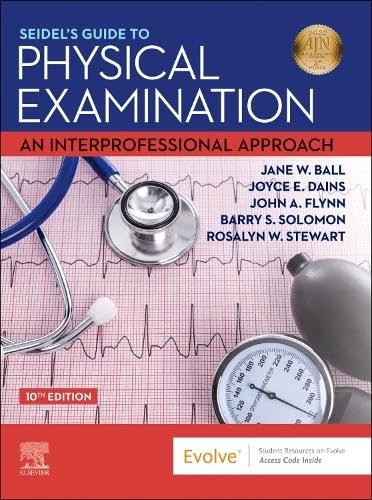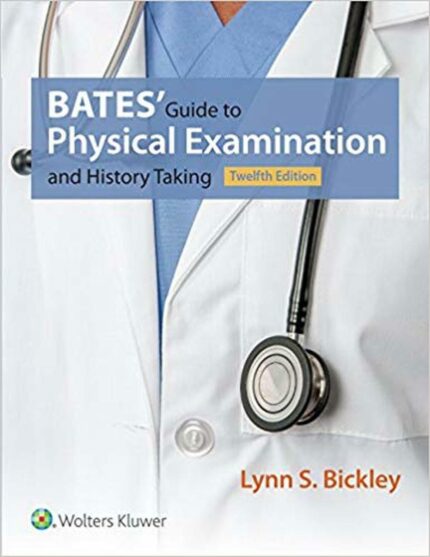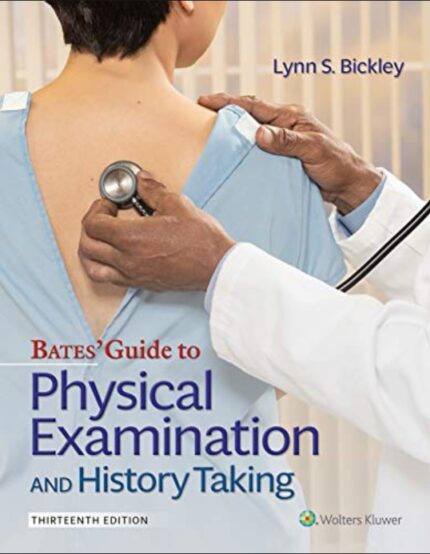PSYCH 3rd Edition by Spencer A. Rathus – Test Bank
Chapter 4: Consciousness
MULTIPLE CHOICE
1. When we say that we are “conscious of” seeing something or hearing a sound, we are referring to consciousness as
|
a. |
a stream of thought. |
c. |
stream of sensorium. |
|
b. |
a metaphysical concept. |
d. |
sensory awareness. |
ANS: D DIF: 1 REF: What Is Consciousness?
OBJ:1MSC:TYPE: Factual
2. Tom has the ability to pay attention in class, and screen out all the things that are going on around him. What is this called?
|
a. |
outer awareness |
c. |
sensory awareness |
|
b. |
selective attention |
d. |
selective observation |
ANS: B DIF: 2 REF: What Is Consciousness?
OBJ:1MSC:TYPE: Applied
3. When psychologists talk of focusing on a particular stimulus, what are they referring to?
|
a. |
selective attention |
c. |
stream of thought |
|
b. |
sensory awareness |
d. |
all of these |
ANS: A DIF: 2 REF: What Is Consciousness?
OBJ:1MSC:TYPE: Conceptual
4. Some enchanted evening, Andre is at a cocktail party. Suddenly, he hears the voice of a beautiful woman from across the crowded room. What is this phenomenon known as?
|
a. |
the sensory awareness effect |
c. |
the beautiful woman effect |
|
b. |
the cocktail party effect |
d. |
the crowded room effect |
ANS: B DIF: 2 REF: What Is Consciousness?
OBJ:1MSC:TYPE: Applied
5. A bird just flew in the window of the classroom, and crashed into a window on the other side of the room, making a loud noise. This incident immediately got the attention of everyone in the room. What would this scenario be referred to as?
|
a. |
intense stimuli. |
c. |
novel stimuli. |
|
b. |
repetitive stimuli. |
d. |
intense and novel stimuli. |
ANS: D DIF: 2 REF: What Is Consciousness?
OBJ:1MSC:TYPE: Applied
6. Certain kinds of stimuli have been found to capture people’s attention more easily than others. Among these are __________ stimuli.
|
a. |
intense |
c. |
repetitive |
|
b. |
novel |
d. |
all of these |
ANS: D DIF: 2 REF: What Is Consciousness?
OBJ:1MSC:TYPE: Factual
7. Grandma Betsy just called you and told you that she had spilled a gallon of forest green paint all over her new white carpet. Even though you did not see it, you were conscious of the image through
|
a. |
selective attention. |
c. |
preconscious. |
|
b. |
direct inner awareness. |
d. |
automatic consciousness. |
ANS: B DIF: 2 REF: What Is Consciousness?
OBJ:1MSC:TYPE: Applied
8. Humans are capable of having direct inner awareness of
|
a. |
thoughts. |
c. |
immediate physical sensations. |
|
b. |
images. |
d. |
thoughts and images. |
ANS: D DIF: 2 REF: What Is Consciousness?
OBJ:1MSC:TYPE: Factual
9. According to Freud, what material is not currently in awareness but is readily available to awareness?
|
a. |
unconscious |
c. |
preconscious |
|
b. |
subconscious |
d. |
all of these |
ANS: C DIF: 2 REF: What Is Consciousness?
OBJ:1MSC:TYPE: Factual
10. The professor just said that everyone in the class is to focus on their home environment. When they think of home, that is an example of a thought being brought out of the
|
a. |
unconscious. |
c. |
preconscious. |
|
b. |
subconscious. |
d. |
nonconsciousness. |
ANS: C DIF: 2 REF: What Is Consciousness?
OBJ:1MSC:TYPE: Applied
11. According to Freud, some mental events are unavailable to us under most circumstances. What are these events called?
|
a. |
nonconscious. |
c. |
preconscious. |
|
b. |
unconscious. |
d. |
subconscious. |
ANS: B DIF: 2 REF: What Is Consciousness?
OBJ:1MSC:TYPE: Factual














Reviews
There are no reviews yet.